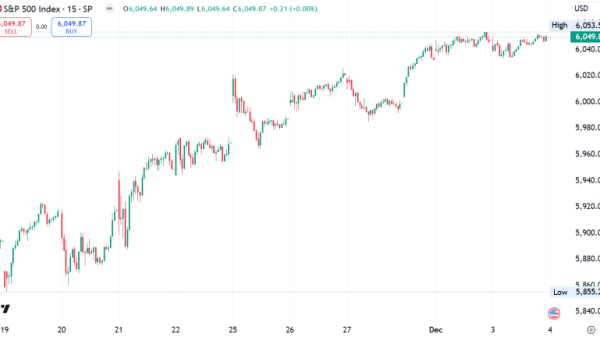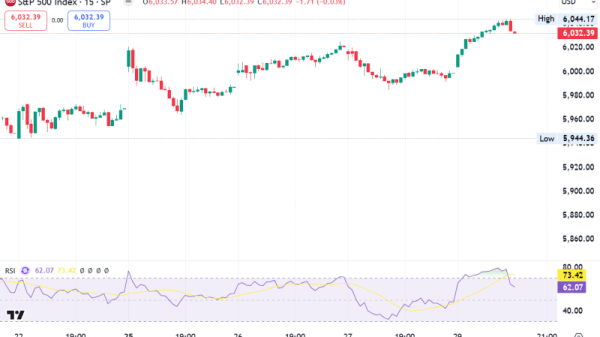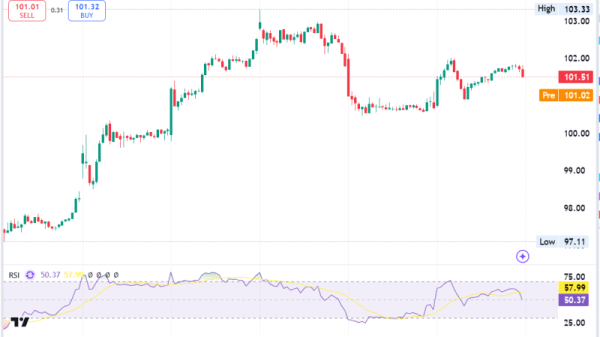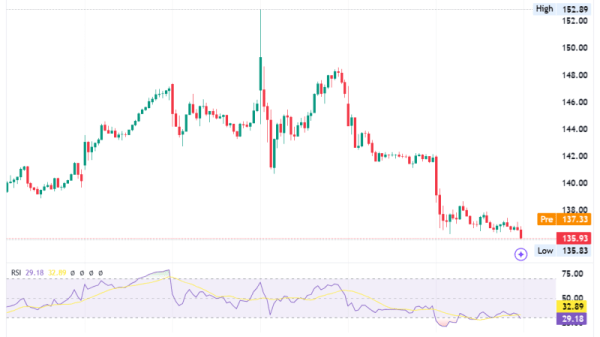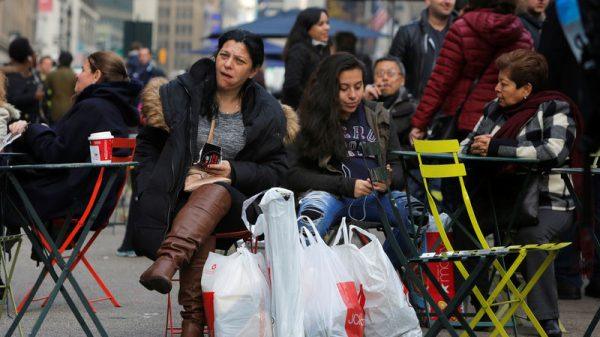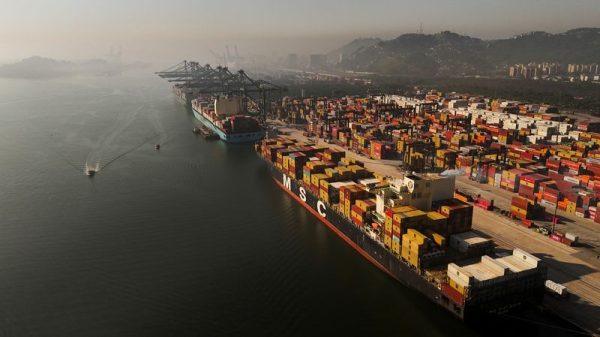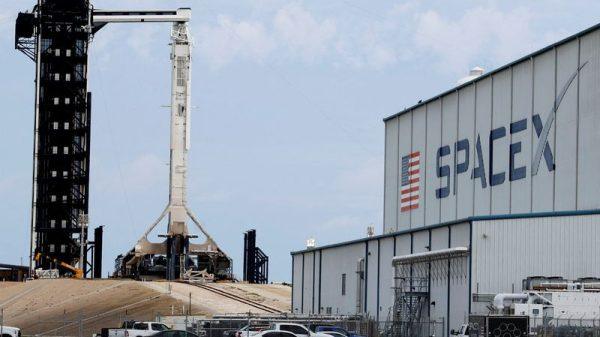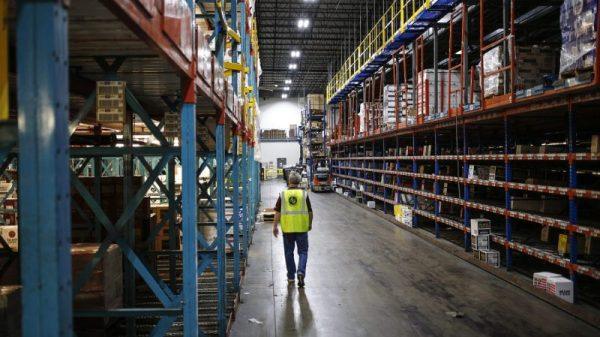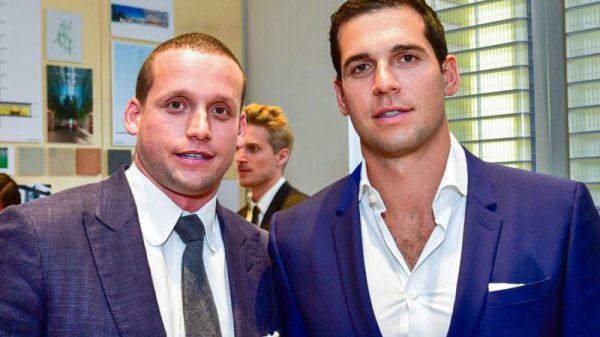Investing.com — The timeline for a potential new trade war, as discussed by analysts at UBS, appears to hinge on a multi-phased process reflecting both political maneuvering and economic impacts.
UBS analysts categorize the progression into distinct stages that are likely to unfold throughout 2025, starting with what they term the “tweet phase,” escalating to the “imposition phase,” and eventually transitioning into the “impact phase.”
The “tweet phase,” according to UBS, is already underway, characterized by public declarations and demands through social media.
These early-stage announcements often serve to define negotiating positions and apply pressure on trade partners even before official actions are undertaken.
The “imposition phase” is expected to commence in the first quarter of 2025. During this stage, legal groundwork will be laid for imposing tariffs, requiring procedural steps, public commentary, and time for drafting measures that can withstand legal scrutiny.
UBS anticipates that while some preparatory work may already be underway, the timeline for this phase will depend on administrative priorities and the need for meticulous implementation.
Following the imposition, the “impact phase” is projected to begin from the second quarter onward.
UBS notes that businesses, aware of the risks, are likely to engage in stockpiling and inventory management to mitigate short-term disruptions. However, the broader economic effects, such as reduced trade volumes and slowed growth, could manifest even before corporate earnings reflect the full brunt of tariff-related costs.
A parallel “negotiation phase” is expected to persist throughout the year. UBS highlights the likelihood of ongoing talks between trade partners aimed at either defusing tensions or responding with retaliatory measures.
For instance, recent moves by China to restrict exports of critical metals in response to U.S. actions underline how trade policies may remain highly transactional and subject to abrupt shifts.
Despite the uncertainty, UBS analysts also emphasize that the response from global markets and trade partners could significantly shape the trajectory of this conflict. They cite President-elect Donald Trump’s threats to impose 100% tariffs on BRICS countries unless specific conditions are met, a move they deem unlikely to materialize but indicative of the heightened rhetoric surrounding trade policy.
In addition to the timeline, UBS provides insight into the potential economic implications of new tariffs. Emerging market currencies, particularly the Chinese yuan, are expected to experience increased volatility and pressure as a result of reduced trade volumes and investor risk aversion.
The yuan could face additional stress, similar to patterns observed during prior trade tensions, though interventions by China’s central bank are likely to provide some level of stabilization.
The note also examines how these dynamics intersect with broader economic policies, including the Federal Reserve’s rate-cutting strategy and the impact on the U.S. Treasury yields.
UBS warns that more extensive tariffs could risk stagflation—a toxic mix of high inflation and low growth—though their baseline scenario suggests moderate inflationary effects.

